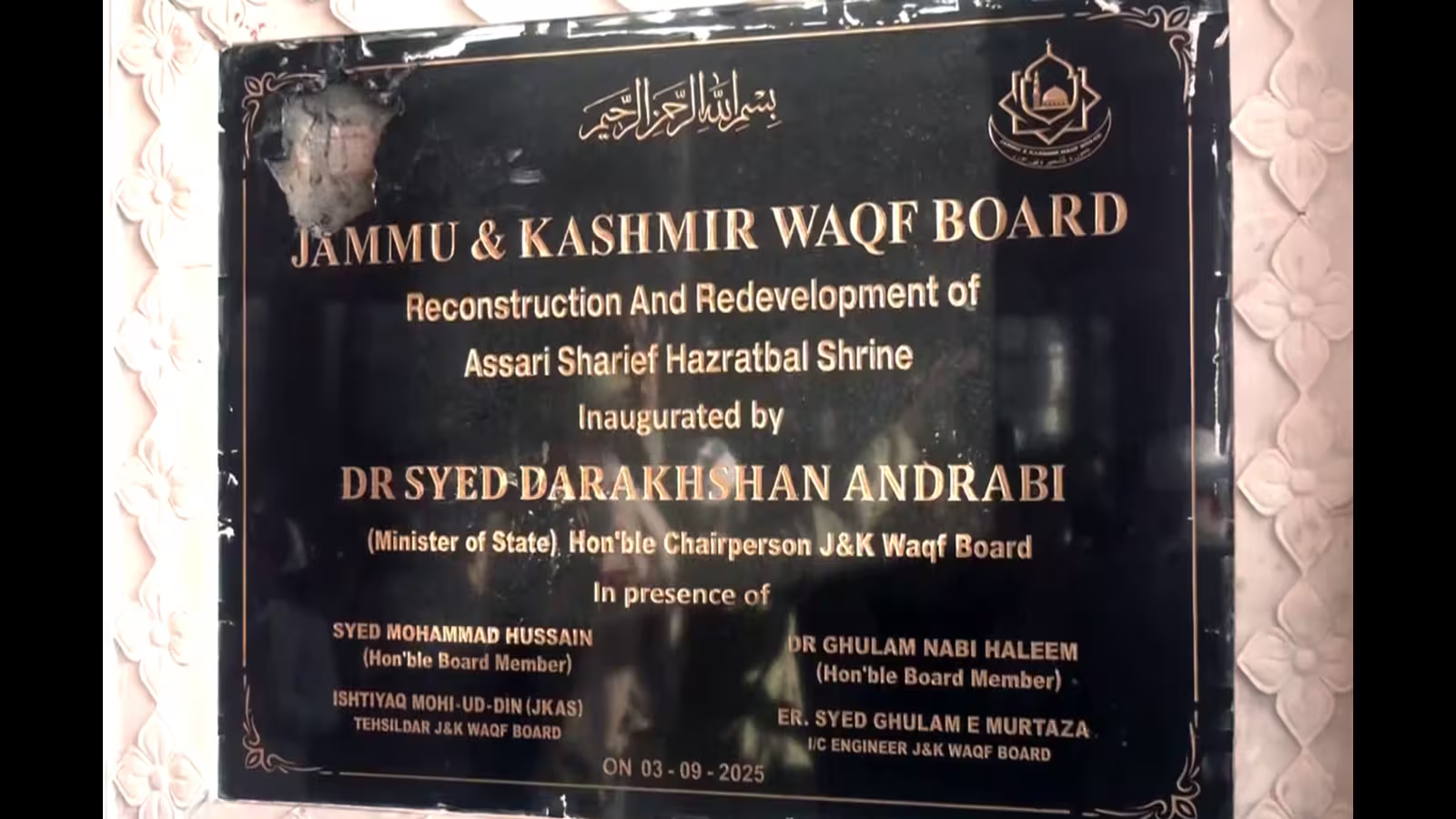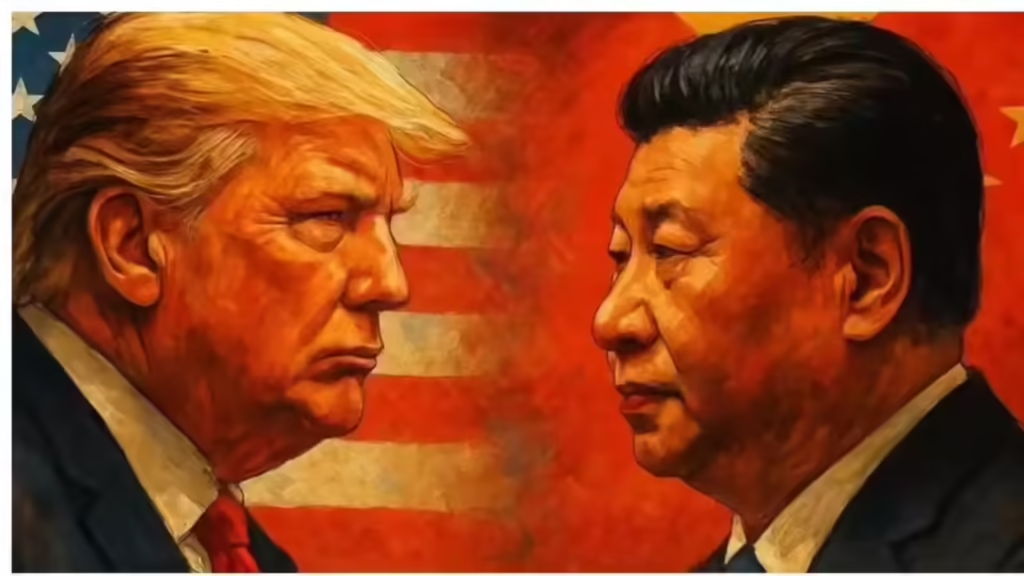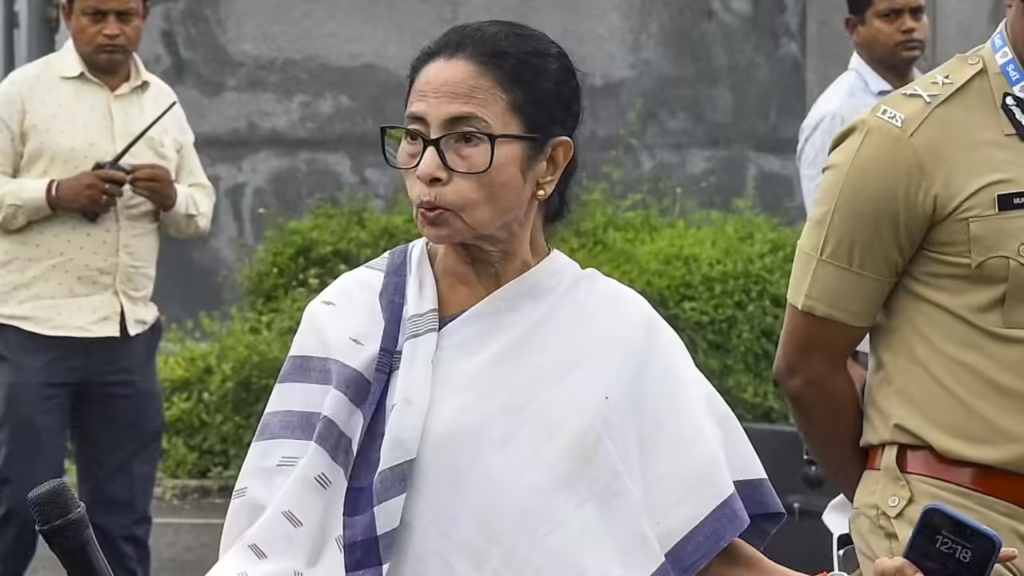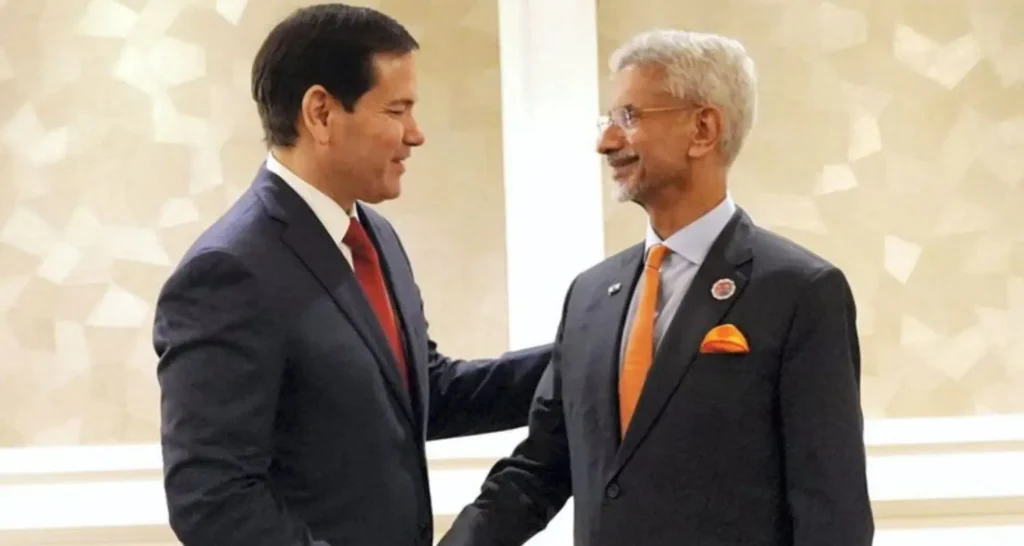Now Reading: Political Tension in Kashmir Over Defacing of National Emblem at Hazratbal Shrine
-
01
Political Tension in Kashmir Over Defacing of National Emblem at Hazratbal Shrine
Political Tension in Kashmir Over Defacing of National Emblem at Hazratbal Shrine

A fresh political row has erupted in Kashmir after the national emblem installed at the Hazratbal shrine was found defaced. The incident has sparked sharp reactions from political parties, with some demanding strict action against those responsible while others questioned the government’s handling of the matter. The controversy comes at a sensitive time, as the region continues to balance its religious and political complexities.
The Hazratbal shrine, one of the most revered religious sites in Kashmir, holds deep emotional significance for the people. The presence of the national emblem there was meant to symbolize unity and respect for national values. Its defacement has therefore been viewed as both an act of disrespect and a provocation, triggering debates across political and social circles.
Parties in opposition have accused the authorities of failing to ensure proper security and respect for national symbols. Some leaders argue that such incidents create unnecessary tension and could disturb the fragile peace in the Valley. On the other hand, the government has assured that investigations are underway and that those behind the act will face consequences.
For many locals, however, the issue reflects a larger clash between politics and faith. While the shrine is primarily a place of devotion, the involvement of political narratives often shifts focus from religious harmony to confrontation. The timing of the incident, coinciding with a religious holiday, has only amplified emotions on the ground.
This controversy also highlights the broader challenges of governance in Kashmir, where political decisions and symbolic acts are closely scrutinized and often contested. In Tier 2 cities across India, the debate resonates as a reminder of how sensitive symbols of national identity can become flashpoints if not handled carefully.
As investigations continue, the key question is whether the matter will be resolved with accountability and calm or spiral into yet another cycle of political blame games. For Kashmir, the hope remains that religious spaces are kept above political disputes, preserving their sanctity for the people they serve.

























